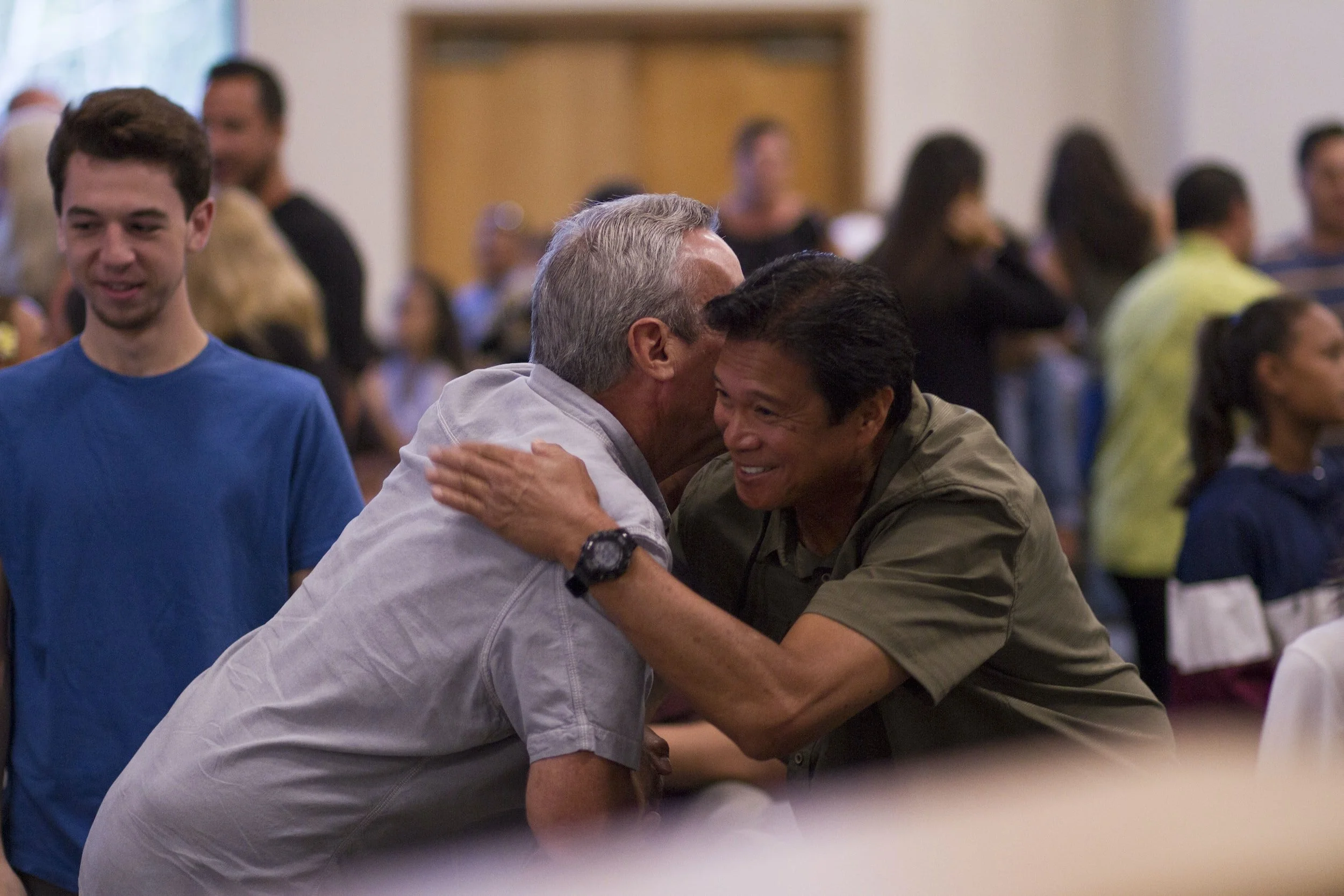Practicing Presence
Christians have always understood worship to be, in some sense, an encounter with the presence of God. But disagreements over how God is present—especially during the celebration of the Lord’s Supper—have been a primary dividing issue in the global Christian community for centuries. Over forty years ago, Adventist worship theologian Raymond C. Holmes articulated a helpful broader shift in emphasis that many of us have yet to grapple with. His reflections in a 1982 version of Ministry Magazine are worth quoting at length:
Therefore, the problem is not with the presence of Christ or the manner in which He is present when Communion is celebrated. The witness of Scripture is that He is present. Ellen White, in her monumental work on the life of Christ, makes no attempt to answer the question of how Christ is present in Communion. She simply bears witness to the fact that He is present. She writes: "Christ by the Holy Spirit is there to set the seal to His own ordinance. He is there to convict and soften the heart. . . . For the repentant, brokenhearted one He is waiting. All things are ready for that soul's reception. He who washed the feet of Judas longs to wash every heart from the stain of sin."— The Desire of Ages, p. 656.
The problem is not with the presence of Christ in Communion. The problem is with our presence . . .The emphasis is on the activity of Communion; on the corporate presence of the church, the body of Christ; on every member sharing in that worship experience of fellowship with the Lord.
How can we plan and lead communion and all worship gatherings in a way that enables participants to be fully present to God and one another? We cannot dictate God’s activity or God’s gracious initiative to be lovingly present to us. But we serve a God of consent—liturgical and otherwise—and we can choose how we respond as individuals and as a community.
This past Sabbath, my congregation experienced one of our more vibrant gatherings in recent memory; and I’m convinced that it was because participants were given more space to respond, fully participate, and thereby be fully present. Interestingly, there was no sermon. Instead, in-person and online worshipers were given the opportunity to reflect in groups on our community’s purpose, mission, and strategy—identifying both areas of progress they appreciated and the growing edges we look to improve. Here are a few practical takeaways I will bear in mind going forward, which may also be helpful to you:
Give worshipers an opportunity to actively contribute. The absence of a sermon was not as important as the presence of the congregation’s voices. They spoke and shared. A specific opportunity for active engagement in brief discussion groups integrated their voices and bodies into the experience of being present with one another and a God who is present to us. What are regular practices through which worshipers can fully contribute to a worship gathering?
Listen to one another. Truly dialogical worship is rare, even in congregations like mine where we value it. Worshipers do a lot of listening to those on the platform. This past Sabbath we highlighted various reflections from the discussion groups, more fully embodying the mutuality necessary for true community and communion. How do our listening practices reflect a God who not only reveals but also hears our cries, petitions, praise, and prayers of all kinds?
Intentionally integrate interactions among worshipers and between the gathered community and God. How we engage with one another shapes how we engage with the divine and vice versa. I shouldn’t have been surprised that participants sang songs of worship with fuller voices after the discussion groups. Gatherings where those in the pews are passive are disempowering. Actively contributing one’s voice and being heard have the opposite effect. How can our interactions with one another in worship encourage, empower, and enable us to be more responsive and present to a gracious, ever-present God? And, in turn, how might that transform the way we are present with all those around us?

